
Products
Fast, Reliable, Everywhere

Solutions
Efficient, Innovative EV Charging Solutions.
News
We are committed to the innovation and application of EV charging.

Elevate your electric vehicle experience with our AC EV Charger, the quintessential blend of form and function for both residential and commercial use. Its sleek, ergonomic design not only complements your space but offers a customizable interface, making it a stylish addition that meets diverse user preferences.
Certified with an IP55 rating, this charger is resilient enough for both indoor and outdoor installations. Its smart technology features optional user identification via RFID or an app, adding a layer of personalized management and security.
Safety is paramount, and our AC EV Charger comes equipped with multiple protection systems to safeguard users at every turn. Compatible with SAE J1772 (Type 1) and IEC 62196-2 (Type 2) connectors, and conforming to the latest OCPP 1.6 JSON standards, it promises a versatile and future-proof charging solution.
Space-saving by design, it offers optional wall-mount or stand-mount setups, preserving valuable space while maintaining accessibility. With a 220~240V power supply, it’s optimized for home use, delivering a full charge in 3-5 hours thanks to its stable output.
The high-quality, robust housing material ensures longevity, while integrated surge protection and automatic functions underscore its premium build quality. Moreover, the installation is straightforward, with a portable option for those who prefer mobility.
Whether you’re operating a highway service station, a parking garage, managing a commercial fleet, or providing dealer workshop services, our AC EV Charger is engineered to adapt to a variety of environments, driving the future of eco-friendly power.
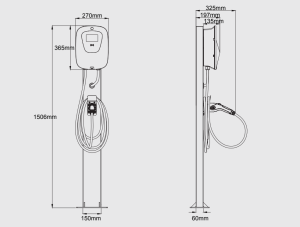
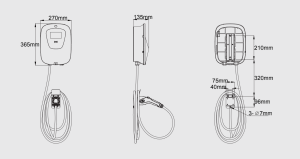
Power Specifications
Input Connection Single-Phase:1P+N+PE or 3-Phase: 3P+N+PE)
Input Voltage 230Vac+10% or 400Vac+10%
input Current 16A or 32A
Frequency 50Hz or 60Hz
Output Voltage 230Vac+10% or 400Vac+10%
Output Current 16A or 32A
Rated Power 7.4kW/11kW/22kW
User Interface & control
LCD Display 4.3″ Color Touch Screen( Optional )
User Authentication RFID(ISO/IEC 14443)/APP
LED Indicator Green/Blue/Red
Charger Connector IEC 62196-2 Type 2 (SAEJ1772 Type 1 0ptional)
Energy Measuring Embedded meter, with 1% accuracy
Communication
Backend Bluetooth /Wi-Fi (4G/Ethemet Optional )
Backend Protocol OCPP 1.6J(0CPP2.x Coming soon)
Protection
Residual Current Protection Type A 30mA+DC 6mA
Electrical Protection Over/Under Voltage Protection.Over Current Protection, Short Circuit Protec-tion,Over Temperature Protection, Lightning Protection, Ground Fault, Surge Protection
Environmental
Operatinglemperature -30℃-+50℃
Storage Temperature -40℃-+85℃
Operating Humidity Max.93% RH, Non-Condensing
Operating Altitude ≤2000m
IP, IK Level IP55,IK08
Cooling Method Natural Cooling
Mechanical
Product Dimension 270mm*135mm*365mm( W*D*H )
Package Dimension 330mm*274mm*500mm( W*D*H )
Weight 5.6kg( Net )/7.2kg( Gross )
Charging Cable Length 5m(Customizable)
Mounting Wall-mount and Stand-mount
Certifications
Certificate EN 61851-1 2019,IEC 62955 2018,IEC 61008-1 2010,IEC/EN 62196-1
Safety TUV, CE
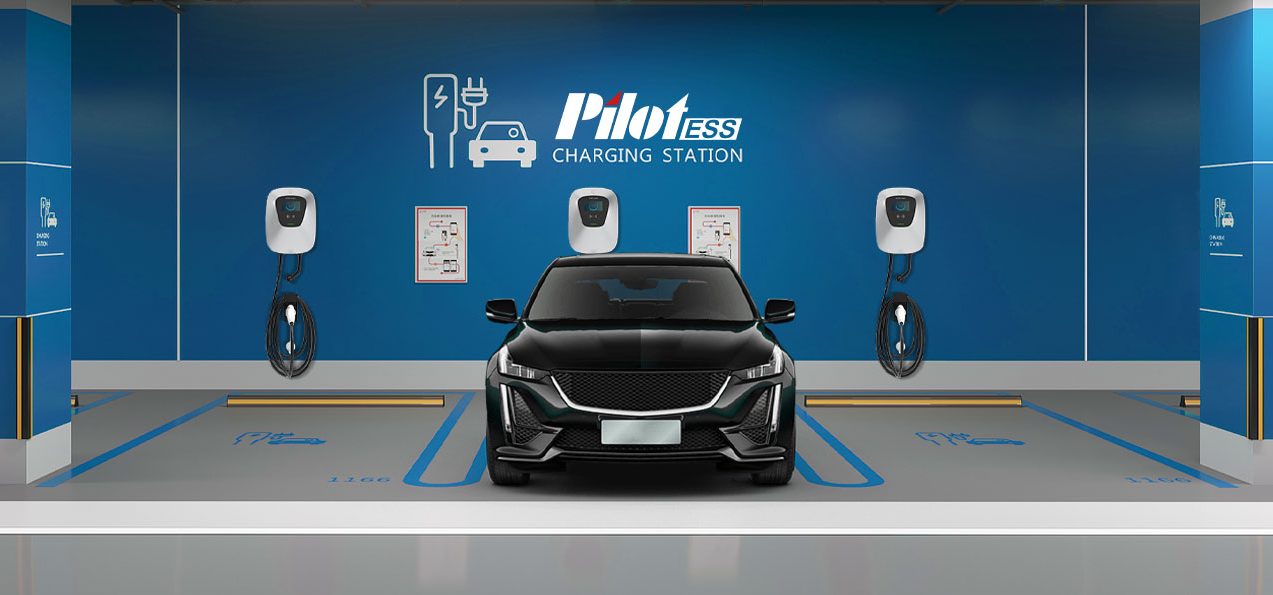
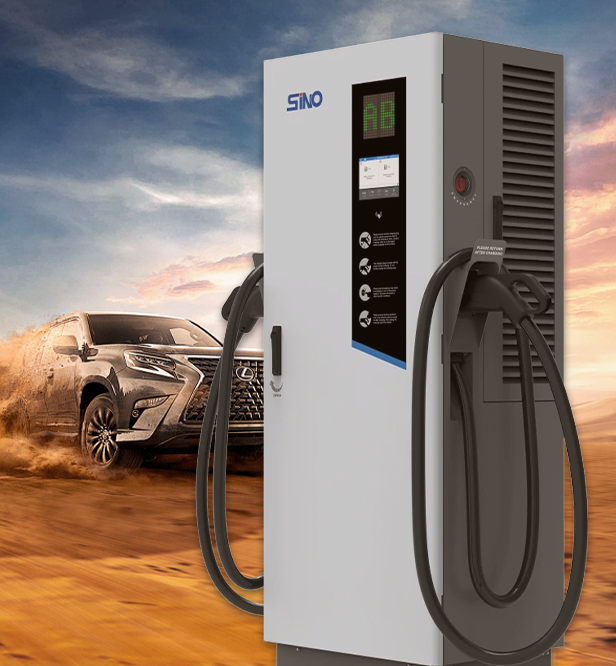
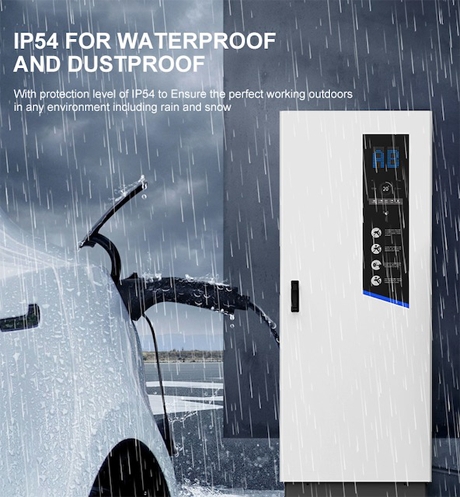
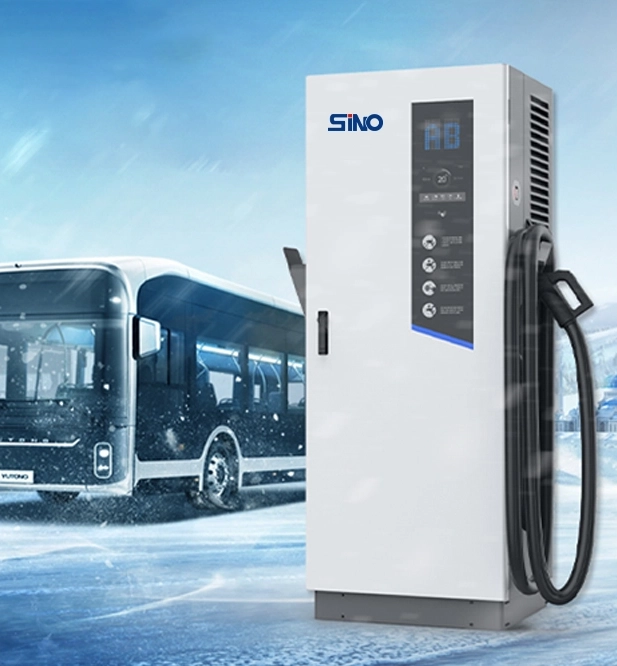
We have an MOQ policy of only one unit, allowing you to test the market with minimum inventory pressure.
Our EV chargers made from our factory go through a strict QC process for performance and safety.
We offer deep discounts on bulk orders, helping you increase your ROI.
All of your inquiries and concerns are answered within 24 hours.
Our series of patents show how we follow technological trends to give you an advantage.
With 30 years of working in the electrical industry, our team can create innovative EV chargers.
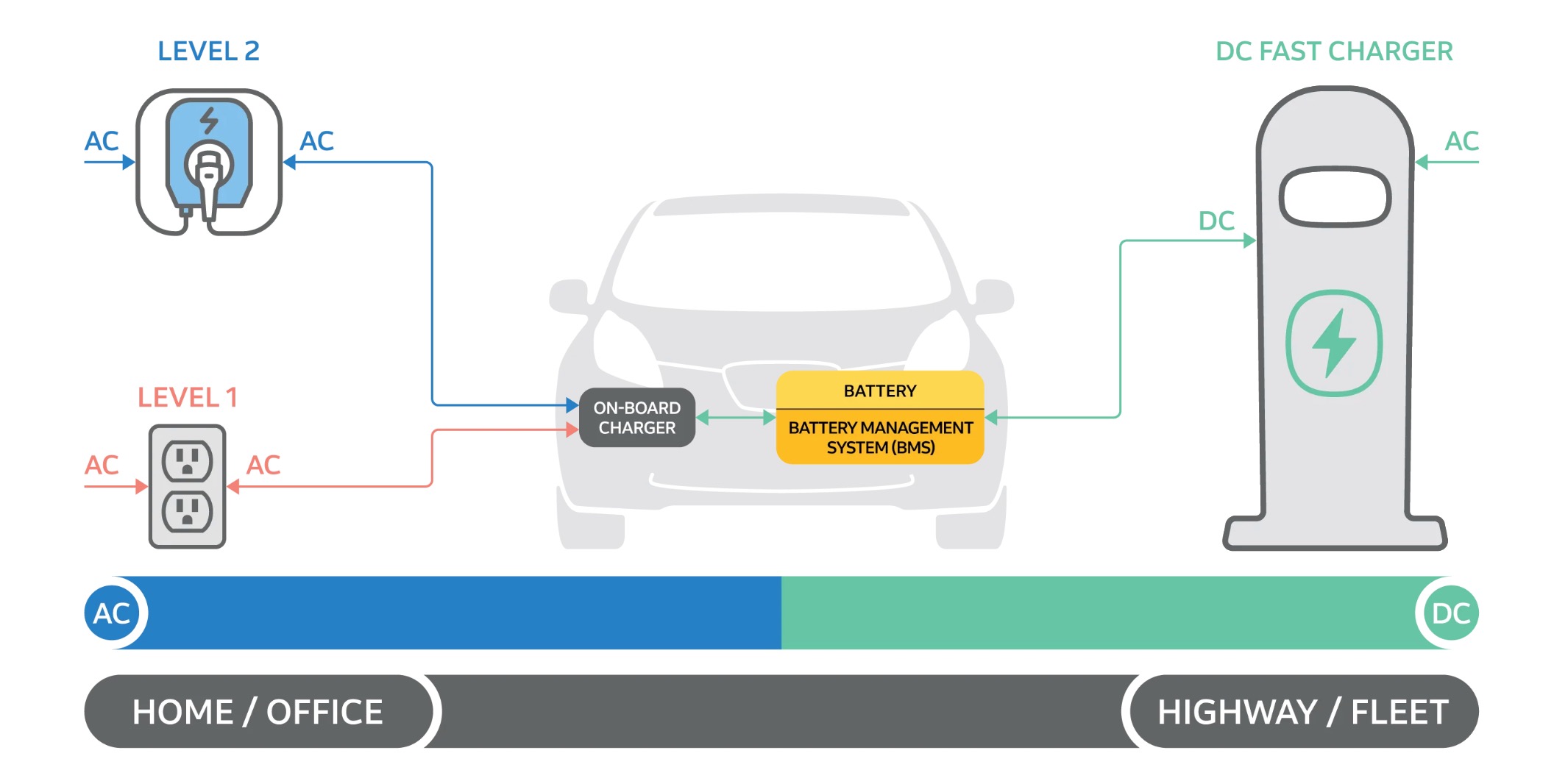
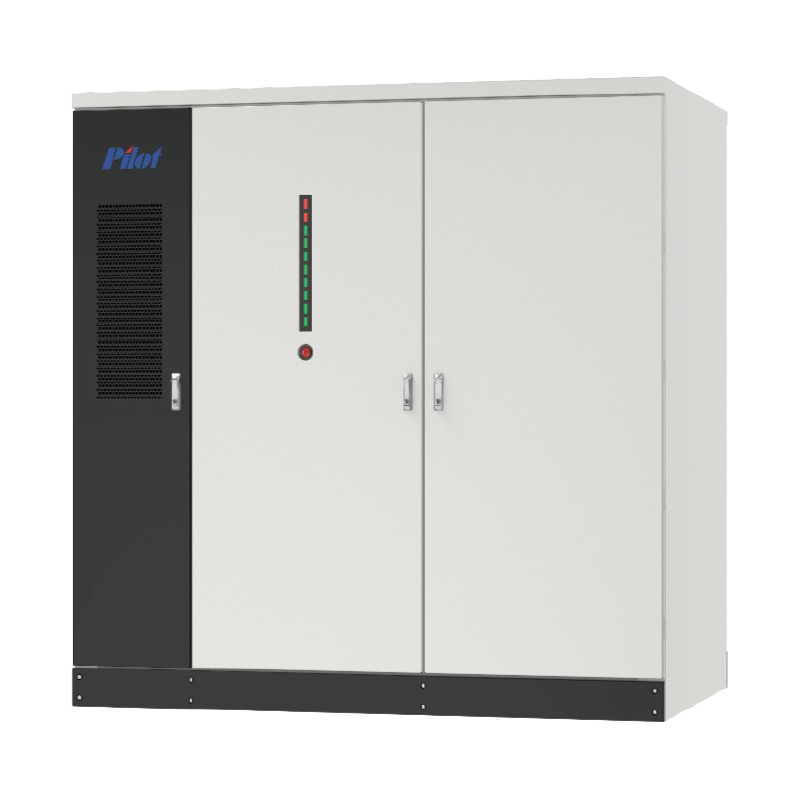


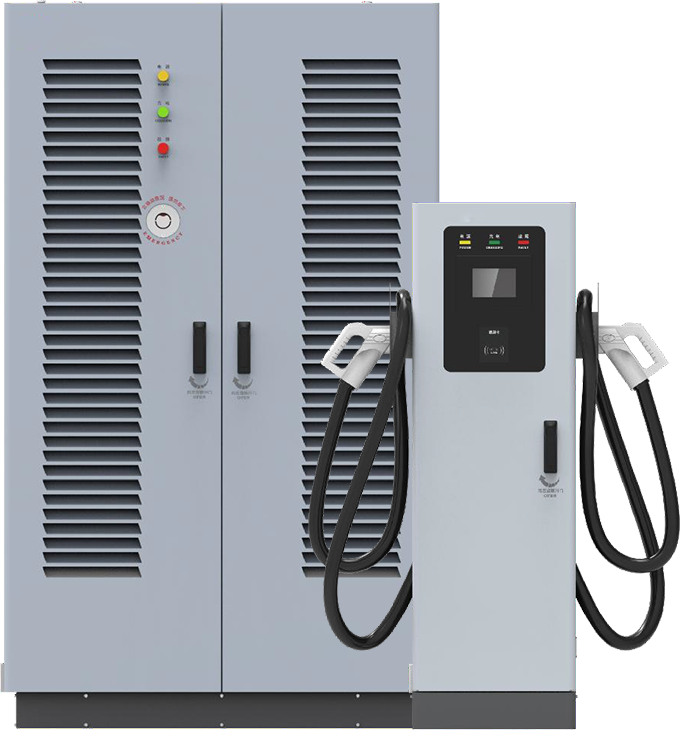
Have a simple question?